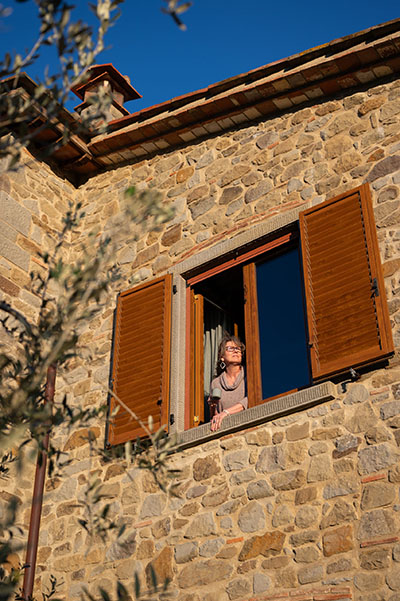Before you can even apply for many long-term Italian visas—such as the Elective Residency Visa or the new Digital Nomad Visa—you’ll need something most applicants don’t expect: a signed, registered lease in Italy.
Italian authorities want applicants to commit to a long-term lease before a visa is approved, as a way to prove their commitment to the move and their financial stability. It may feel counterintuitive, but it is a firm requirement: if you do not meet it, your application is going to be met with a sure rejection.
The Timing Trap
Italian law requires that every long-term rental contract be registered with the Agenzia delle Entrate (the tax office) within 30 days of signing. If you register after 30 days of signing, you are going to incur penalties. And a non-registered visa will likely cause your visa application to be rejected.
This timing quirk often creates a frustrating overlap: by the time your visa is processed, you will have paid your deposit, and your lease may even have started. You’ll technically have a home in Italy, but you won’t yet be able to register your residency or fully move in. It’s a bureaucratic inconvenience that can only be managed with patience.
What Counts as a Visa-Eligible Lease
Italian law offers several categories of residential leases. The right one for you depends on your visa type, your length of stay, and sometimes even the preferences of the consulate reviewing your application. [Beware of the short term rental!]
– Temporary Lease or “Locazione Transitoria” (1–18 months): Often used by professionals or students, this is a legitimate residential contract and can satisfy visa requirements. However, acceptance varies by consulate, so it’s wise to confirm locally before proceeding.
– “Canone Concordato” 3+2 Lease (3 years + automatic 2-year renewal): A long-term option often used for affordable apartments under special tax regimes, only available in specific areas.
– “Canone Libero” 4+4 Lease (4 years + automatic 4-year renewal): The classic Italian long-term contract, renewed automatically after four years. It’s typically favored by consulates evaluating applications for the Elective Residency Visa or other long-term stays.
All of these leases must be registered and be classify as “residential” (rather than “touristic”) to qualify. Airbnbs, hotels, and declarations of hospitality generally do not meet visa standards.
Why Italian Landlords Hesitate
Italian rental law heavily protects tenants, which means landlords can be cautious about renting to newcomers without local employment or history. Add the language barrier, and many foreigners find negotiations surprisingly difficult.
From the landlord’s perspective, a lease with a foreign tenant—who might still be waiting for visa approval—feels risky. They prefer tenants who are already in Italy, with local income and an established presence.
That’s where having a trusted local advocate makes all the difference.

The Role of a Specialist
Navigating this system successfully isn’t about luck—it’s about local knowledge. A specialist can:
– Identify properties whose owners are open to leasing to visa applicants.
– Structure a contract that’s legally sound and aligned with visa requirements.
– Coordinate timing so your lease can be registered and submitted correctly.
– Reassure landlords about your credibility and help bridge cultural and linguistic gaps.
A professional doesn’t just find you a place to live—they build the legal and practical foundation for your Italian life.
Getting It Right the First Time
Breaking a lease in Italy is complicated and expensive. That’s why your first contract matters so much. It’s worth viewing the property—ideally in person or through a thorough virtual visit—before you sign. You also want to get a good idea of what your utilities are going to cost, how much light the living room gets in winter, or what the surrounding area looks like during the day.
A thoughtful, well-structured lease isn’t just a visa requirement. It’s your first foothold in Italy—proof to the consulate, and to yourself, that this dream is becoming real.
Work With a Specialist
Finding and drafting a visa-compliant lease in Italy requires local expertise and an understanding of how consulates interpret the rules. That’s where our team comes in. We help clients secure leases that meet visa requirements, satisfy landlords, and align with the bureaucratic timelines that define the Italian process.
If you’re planning your move and want to avoid costly missteps, get in touch with us. We’ll help you find—and sign—the lease that opens the door to your new life in Italy.









